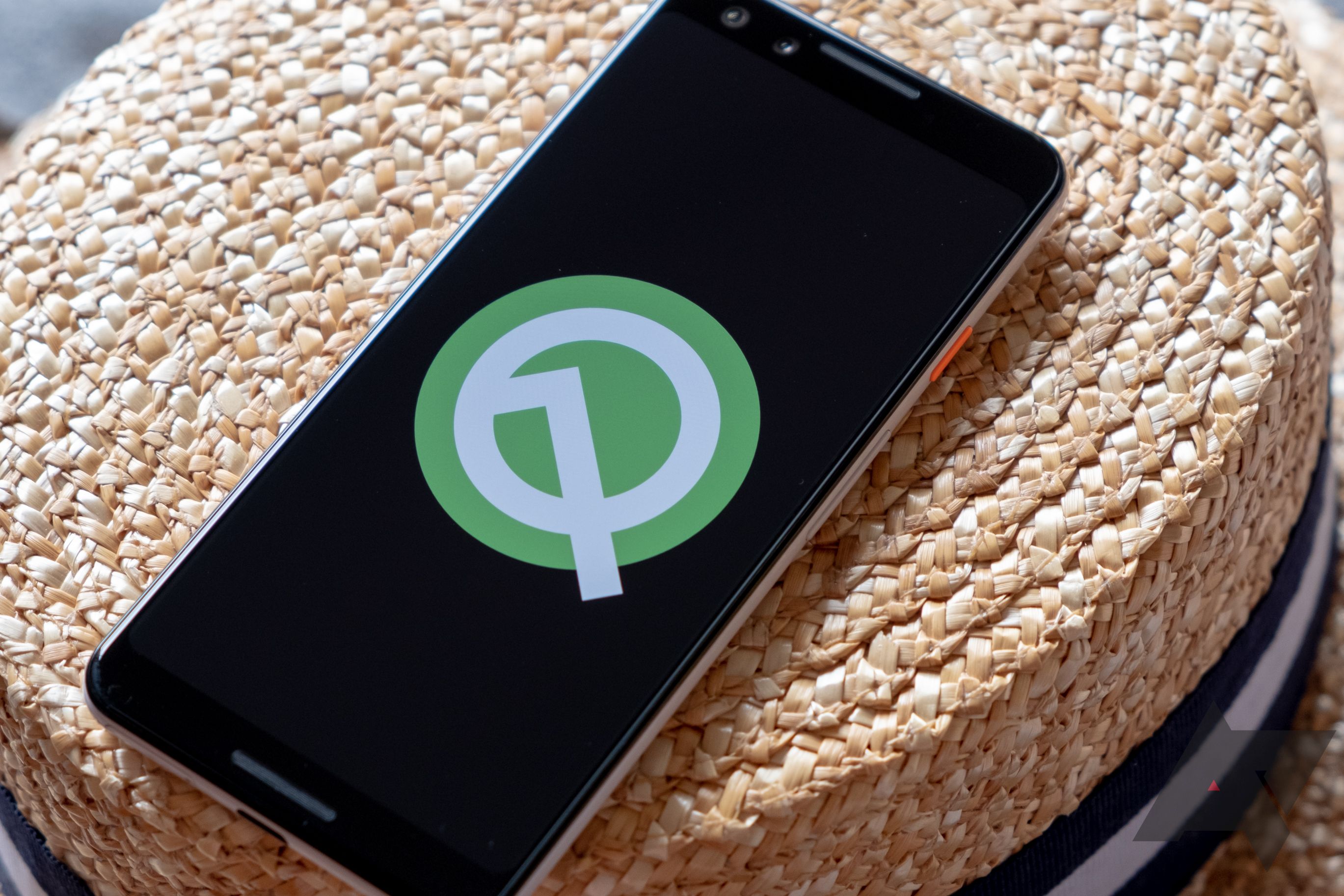Android Q beta 2 led to a slew of controversy over "Scoped Storage," a new set of rules that changes how apps are allowed to access local storage. Google hopes to improve security through this since the current free-for-all system can enable bad actors to snoop data from around your device. Now, Google has announced that it will stop enforcing Scoped Storage with beta 3 to give developers more time to adapt to the new API.
Previously, Google planned to limit apps that don't use Scoped Storage on Q and only allowed apps that were installed before beta 2 to use a compatibility mode, so they wouldn't break. With today's announcement, this is changing significantly. The legacy mode will be available in the final version of Android Q, and Google states that Scoped Storage will only be required in next year's major platform release for all apps independent of target SDK. This means that the full fruition of the API is postponed to Android R – thus, legacy apps won't break on Q. However, apps targeting Q have no way around the new permission system and need to use it.
As a quick refresh: Scoped Storage creates isolated storage sandboxes for apps, so apps no longer need additional permissions to write their own files. They also can't access another app's sandbox directly anymore. Android's default Photos, Videos, Music, and Downloads folders remain as "shared collections" and are accessible by any app. Basically, Scoped Storage boils down to a more transparent and less easily abused system of file access. As we've seen in a recent Google Files update, even file managers will continue to work as they used to.
The delay will delight many people who complained about Scoped Storage breaking Android as we know it. However, this is only a grace period, since the end of the free-for-all access will most certainly come with Android R.
Source: Android Developers

